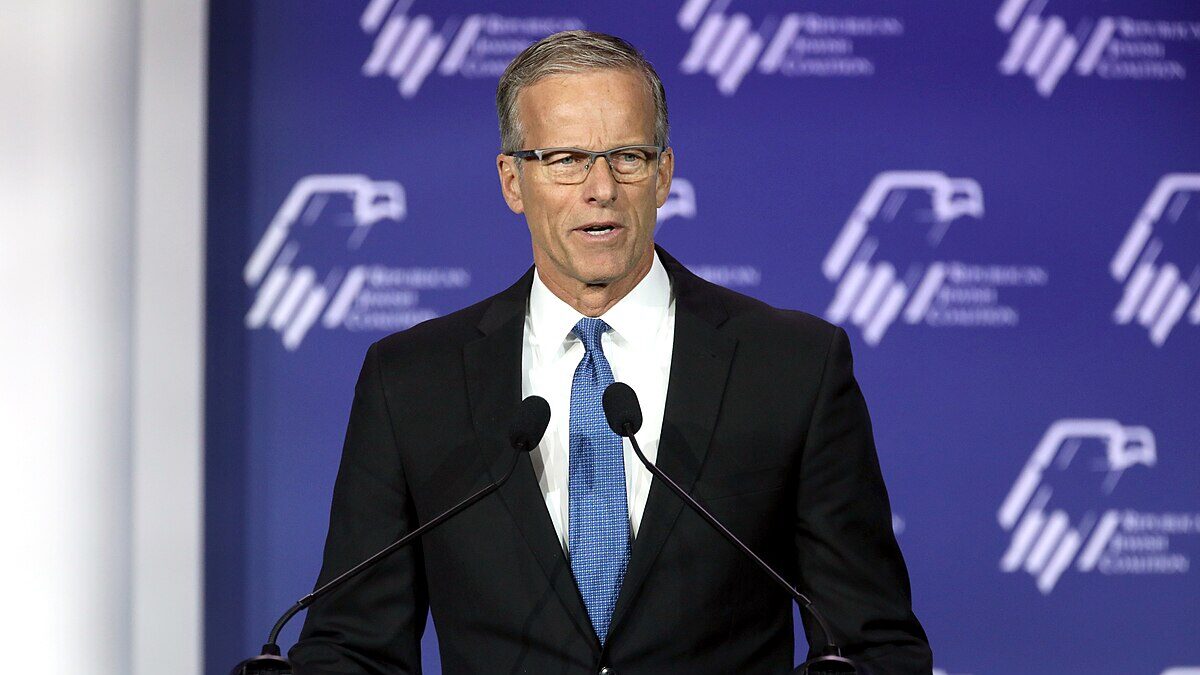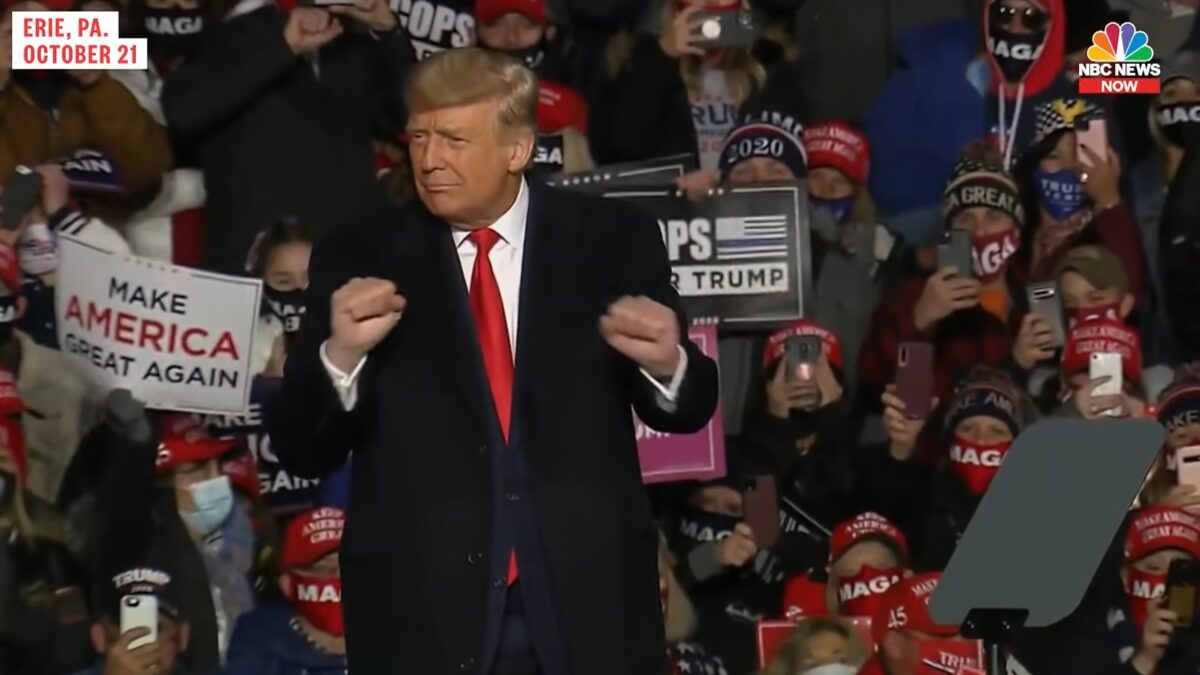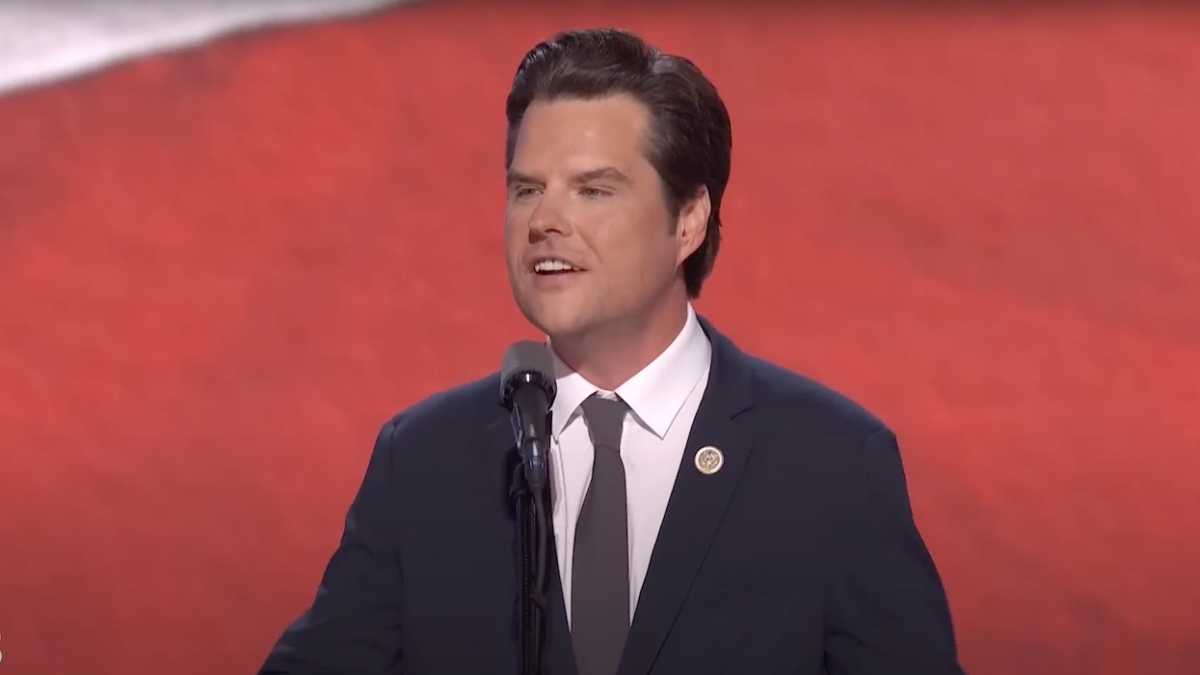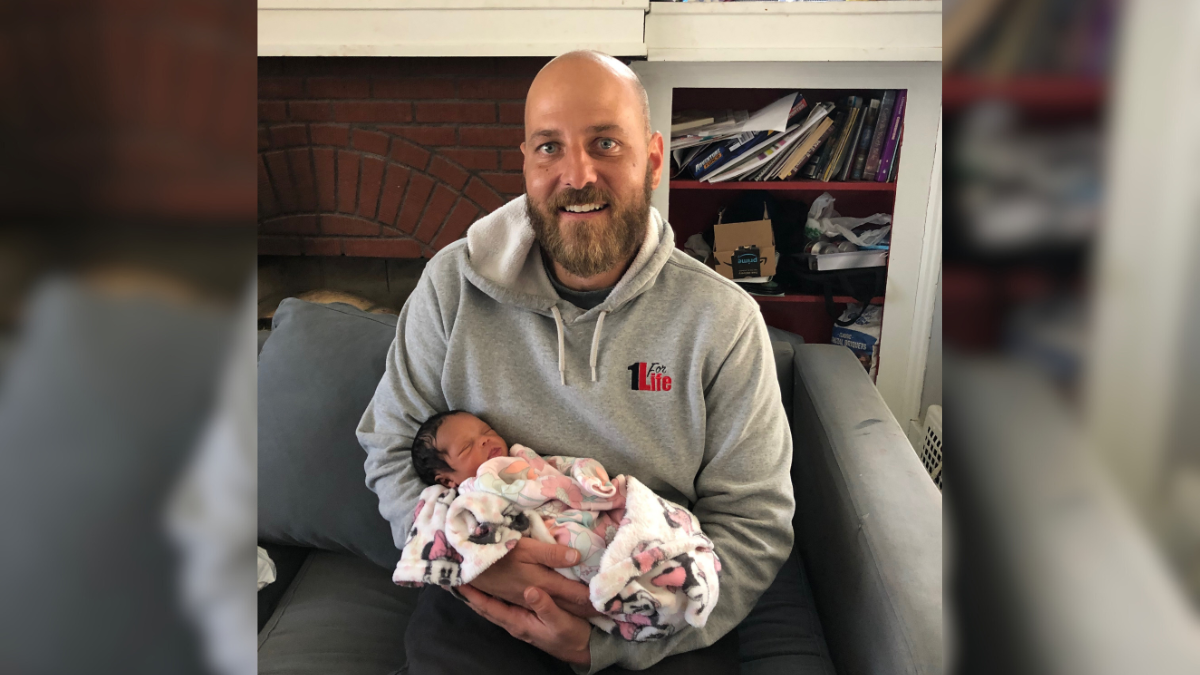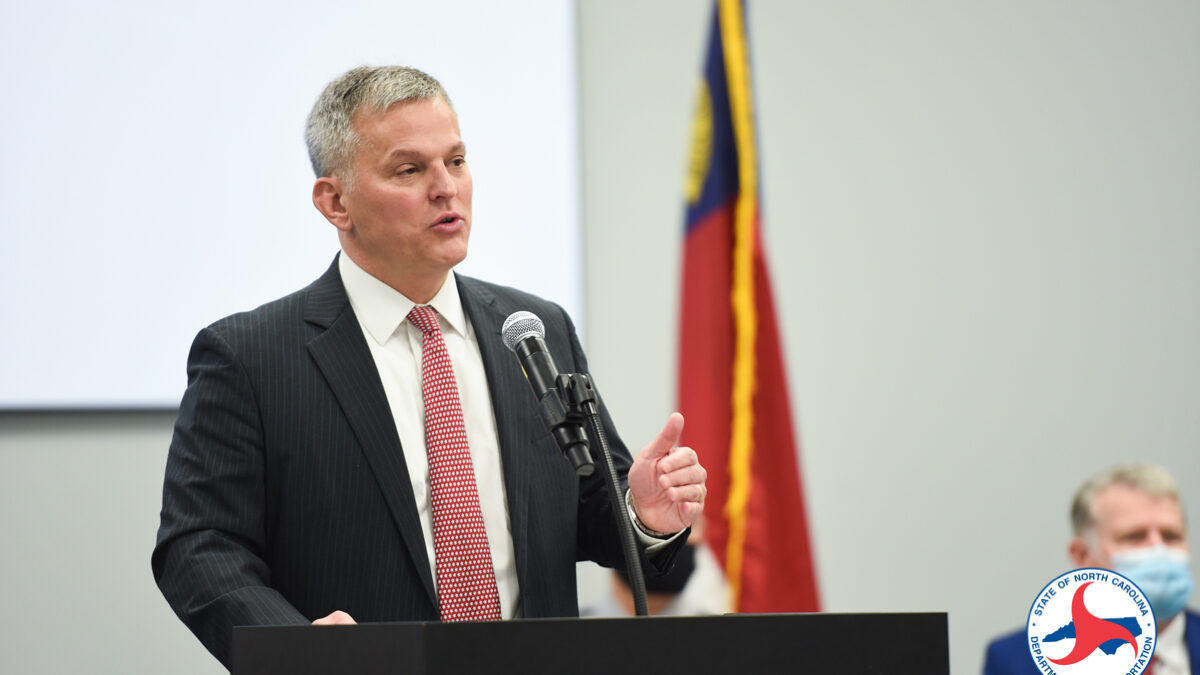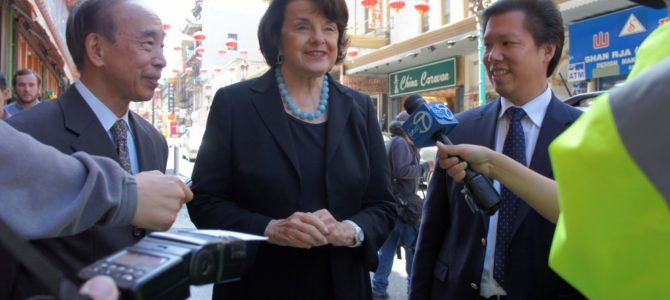
California Sen. Dianne Feinstein is an icon of 20th-century American liberalism. So it came as a surprise to some when the San Francisco School Board recently voted to remove her name from Dianne Feinstein Elementary School, claiming she has supported slavery, genocide, the oppression of women or “otherwise [having] significantly diminished the opportunities of those amongst us to the right to life, liberty, and the pursuit of happiness.”
This was just the most recent slap at Feinstein, a Democrat far-leftists have targeted for not being woke enough. In 2018, running for a fifth full term in the Senate, she faced a challenge from self-proclaimed progressive Kevin de Leon, a career politician who oversaw a California legislature rife with corruption and sexual harassment complaints. The state’s Democratic Party endorsed de Leon anyway.
Then, last fall, Feinstein was stripped of her chairmanship of the Senate Judiciary Committee after leftist groups complained about her. Feinstein’s sins included showing affection toward Republicans like South Carolina Sen. Lindsey Graham.
If you think this has something to do with her age—Feinstein will turn 88 in June—think again. The chair of the San Francisco Democratic Party said Feinstein “represents the past of San Francisco and California …. And it’s not because of her age. It’s just because of who she is.”
The cancellation of Feinstein comes at a precarious time for Democrats, as they revel in the conquest of Donald Trump but struggle to manage the growing influence of young leftists who want to impose their beliefs on America and eliminate anybody who disagrees with them.
Feinstein is just one target. President Joe Biden may be one of the next. During the primaries, leftist groups attacked Biden relentlessly, calling him a “corporate Democrat” who was “unelectable.” Biden made peace with the leftists after that, notably by drawing up a “unity pact” with socialist Sen. Bernie Sanders and leftist Rep. Alexandra Ocasio-Cortez—which was ironic, since Ocasio-Cortez said that “[I]n any other country, Joe Biden and I would not be in the same party.”
Elections have consequences, you see. It’s just that, in today’s Democratic Party, the leftists get (or take) what they want no matter who wins. That may have seemed like a good compromise to the Biden campaign last year, when “uniting” with the leftists helped Biden raise hundreds of millions of dollars and win the presidency without campaigning. But it sends a bad signal to older, moderate Democrats like me who do not share the leftists’ extreme views.
It is also bad for America. Democracies depend on the open exchange of ideas. Robust debate leads to better public policy and a government that people trust. Older, moderate Democrats believe in those principles. The young leftists do not.
In fact, leftist leaders like Ocasio-Cortez openly admit that they do not want people like me to be part of their pack, calling the Democratic Party “too big of a tent.” They are in for a lesson. Moderates and conservatives make up most of the party. These groups are more diverse than the far left, with a 2019 study showing that 64 percent of African-Americans identify as moderate or conservative.
While the young leftists may control Twitter, moderates can still swing elections in this country, as they did in 2020 when they united behind Biden. While they may tolerate the leftists for now, they will eventually rebel against them, recognizing, as Winston Churchill said, that the the leftists are riding on the backs of tigers, “and the tigers are getting hungry.”
That may be why the leftists are seizing on the January 6 riot, falsely calling it an insurrection, and wasting time on a second impeachment trial that is certain to fail. Yes, America is divided right now. That only heightens the need for moderation, open discourse and compromise.
As one writer said in following the horrific bombing of concertgoers in Manchester, England, in 2017: “It is because no one person can get it right that we have rival parties in politics lobbying for different positions, placing the emphasis different ways. We put our faith not in a specific leader to give us the answers but in the democratic process to muddle its way to a compromise. Our politicians might not always behave in ways that dignify and enrich that system, but at times of national trauma and emergency they tend to step up.”
Put simply, great moments demand great leaders, not demigods who invent stories to gain voters’ sympathy. That is how Feinstein’s career took off. She became mayor after the assassinations of George Moscone and Harvey Milk. The assassin, Dan White, was her friend. Her leadership helped the city unify and recover.
The lessons she learned from that experience gave her the courage to stand up to anybody—including the leader of her own party, as she did in 2014 when, over President Barack Obama’s objection, she released a classified summary of a report on the controversial interrogation tactics U.S. officials used after 9/11. Democrats should be listening to people like Feinstein these days—and, while they’re at it, putting her name back on the school.


